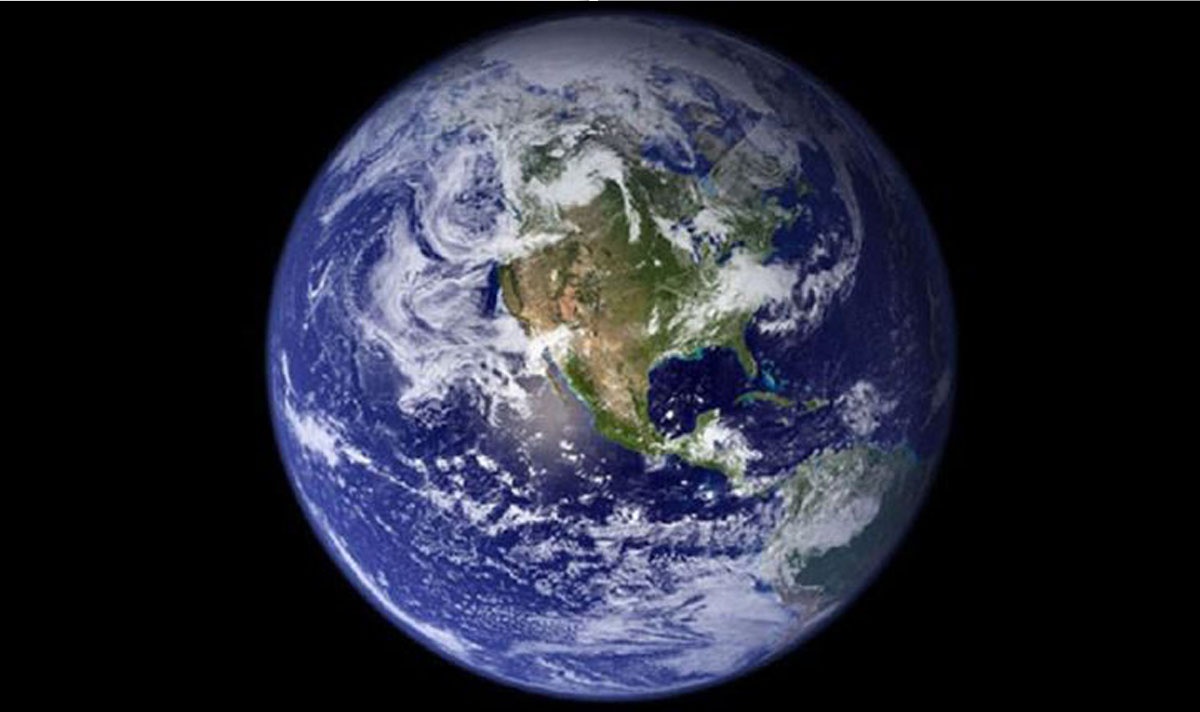THE EU has made tackling global warming as its major priority after incoming EU President Ursula von der Leyen laid out the bloc’s ambitious “European Green New Deal”.
The former German politician is expected to unpack the details of a range of policies over th enext one hundred days that will attempt to make the whole of the EU carbon neutral.
Costing hundreds of billions of euros the scheme intends to reshape Europe as the “world’s first climate-neutral continent” by 2050.

The first step of the bold challenge is to reduce carbon emissions in the EU by 50percent by 2030.
This is even more challenging when as the target will be 50percent when compared to 1990 levels.
A target that comes in as considerably more than the current target of a 40percent reduction by 2030.
An optimistic project
The optimism of the new president is highlighted when Von der Leyen contemplates increasing that 2030 target to 55percent.
Von der Leyen’s ambition to tackle humanities greatest threat has seen criticism from both climate change deniers and from environmentalists.
Industrialists complain that a 55percent reduction in global warming emmisions would cripple European industries.
Green lobbyists are conversely decrying that she has not gone far enough, pushing for 60percent or even 70percent cuts by 2030.
The European Commission will commit to leveraging firms that are based outside the EU to come into line with their Eurpoean counterparts by instigating a carbon border tax.
This tax will be levied at polluting foreign firms in an effort to help EU businesses striving to become environmentally friendly.

Von der Leyen has said the new tax will be applied to a “number of selected industries.”
She also claimed that it will comply with World Trade Organization rules.
Many business’ are coming into line with steel corporation ArcelorMittal Europe annoucing it was in favor of a carbon border tax last month.
The steel giant called the tax “effective and fair.”
Reform of emissions trading
The EU’s emissions trading system will be reformed with taxes expanding to polluting sectors such as maritime, aviation and traffic.
This transition from fosil fuels has been met with a sense of alarm from the EU’s eastern European countires who have argued for financial aid to complete the process.
- Stablecoin Shift Fuels ‘Selective Altseason’ as Altcoin Trading Outpaces Bitcoin
- Bitcoin miner OTC sales remain robust as reserves decline to their lowest levels in several years, as reported by CryptoQuant
- Bitcoin options market bearish ahead of quarterly expiry
This as been listened to and the EU have now committed to a Just Transition Fund for poorer states who will struggle to uphold the new targets.
The cost of this fund is expected to come in at tens of billions and will be negotiated at the EU’s next long term budget negotiations.
The European Investment Bank
This is when the European Investment Bank (EIB) got involved and they decided on November 15 that they will cease lending to fossil fuel projets by the end of 2021.
This will drive the decisions of corportations hoping to gather investment for expanding their operations.
EU agriculture
One area that has been overloked in the past that contributes a large proportion to warming gas emissions is the agricultural sector and Von der Leyen has promised to oversee changes in this industry.
She has initiated a policy called the “Farm to fork strategy”.
This has been designed to help farmers produce food in a more sustainable way.
The EU is hoping to bring their ambitious targets in protectingbiodiversity to the United Nations biodiversity summiut in 2020.


Like!! Really appreciate you sharing this blog post.Really thank you! Keep writing.